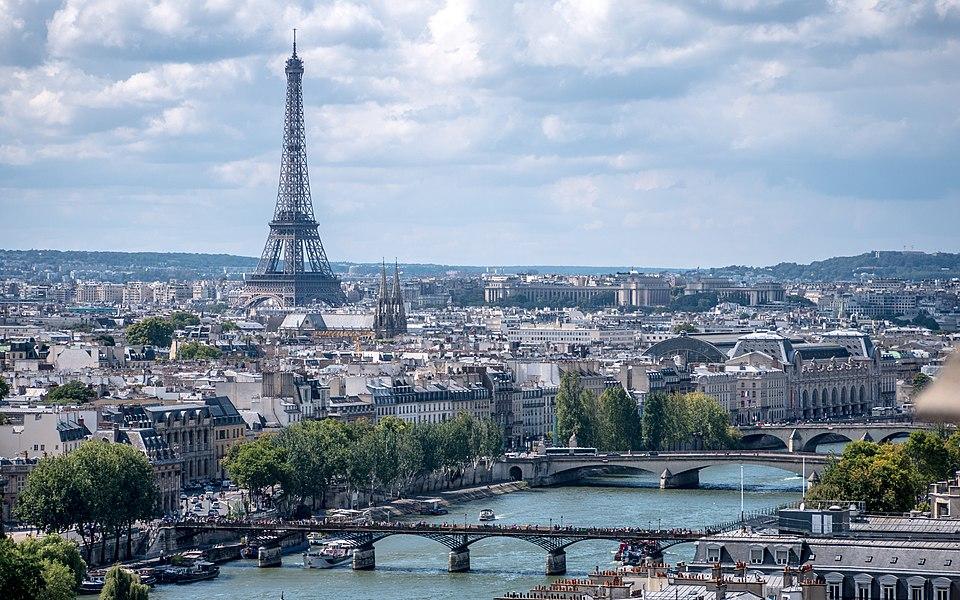France’s Complex Recalibration in Africa: Steering Through Evolving Partnerships and Challenges
In today’s rapidly shifting global order, France is confronting a pivotal moment in its relationship with Africa. The longstanding bonds forged during the colonial era are being redefined amid emerging geopolitical currents and the assertive rise of new actors on the continent. With China, Russia, and other powers expanding their footprint across Africa, Paris faces mounting pressure to rethink its approach—balancing historical ties with contemporary demands for sovereignty and equitable cooperation. This analysis explores France’s strategic recalibration in Africa, unpacking the multifaceted challenges it encounters while identifying opportunities to forge a more balanced and forward-looking partnership.
Redefining France-Africa Relations Amidst Multipolar Competition
France’s traditional influence in African affairs is increasingly contested as global power dynamics evolve. African nations are asserting greater independence in their foreign policies, seeking diversified partnerships beyond former colonial powers. Meanwhile, Beijing has surged ahead as a dominant investor—committing over $50 billion annually across infrastructure projects—and Moscow has deepened military collaborations through security agreements and private military contractors like Wagner Group.
Against this backdrop, Paris must navigate a complex diplomatic terrain where old alliances no longer guarantee influence. The challenge lies not only in countering external competitors but also responding to growing local skepticism toward French involvement—a sentiment fueled by perceptions of neocolonialism and unmet development expectations.
To remain relevant, France is pivoting from purely aid-driven or security-focused engagement toward comprehensive collaboration that respects African agency. This includes:
- Expanding educational partnerships: Initiatives such as increased scholarships for African students at French universities aim to cultivate future leaders aligned with shared values.
- Diversifying economic ties: Moving beyond extractive industries by fostering innovation hubs and supporting startups within key markets like Nigeria’s burgeoning tech sector.
- Cultural outreach: Launching programs that resonate with younger generations through arts exchanges and digital media collaborations.
| African Country | Main Area of Cooperation |
|---|---|
| Nigeria | Digital Economy & Innovation Ecosystems |
| Senegal | Sustainable Agriculture & Food Security Initiatives |
| Côte d’Ivoire (Ivory Coast) | Urban Infrastructure & Transport Development Projects |
Navigating Obstacles While Seizing New Prospects in Franco-African Ties
The transformation of France-Africa relations presents both formidable hurdles and promising openings:
- The Geopolitical Chessboard: Intensified competition from China—with its Belt and Road Initiative investments—and Russia’s strategic military presence complicate Paris’ ability to assert influence without appearing confrontational.
- Erosion of Public Trust: Anti-French sentiments have grown due to perceived interference or insufficient benefits from bilateral cooperation; recent protests across West Africa underscore this trend.
- The Burden of Security Operations: Prolonged French military missions against extremist groups in the Sahel region have sparked debate over interventionist policies’ effectiveness versus sovereignty concerns.
Despite these challenges, several avenues offer potential for revitalized engagement:
- Youth-Centric Economic Growth: With Africa’s population expected to double by 2050—reaching nearly 2.5 billion—the continent represents an immense market for technology-driven solutions where France can contribute expertise.
- Sustainable Development Collaboration: Joint ventures focusing on renewable energy projects align with global climate goals while addressing local needs—for example, solar power initiatives gaining traction across East Africa.
- Cultural Diplomacy Reinforcement: Strengthening people-to-people connections via expanded language programs (such as Francophonie initiatives) can rebuild goodwill among younger demographics increasingly influenced by diverse cultural narratives worldwide.
| Avenue for Growth | Description & Examples |
|---|---|
| DIGITAL TRANSFORMATION |
Investments targeting tech incubators throughout Lagos or Nairobi foster entrepreneurship ecosystems critical for future economic resilience. Building a Resilient Framework for Future Franco-African CooperationFor sustainable progress between France and African countries moving forward requires embracing principles centered on mutual respect rather than dependency. Key strategies include:
|
